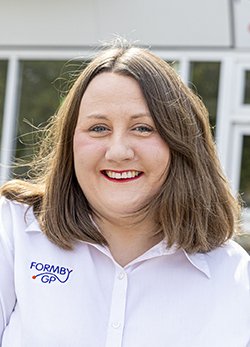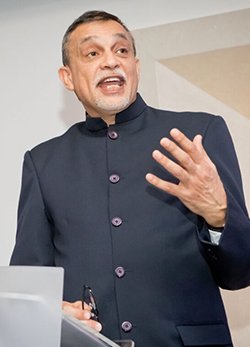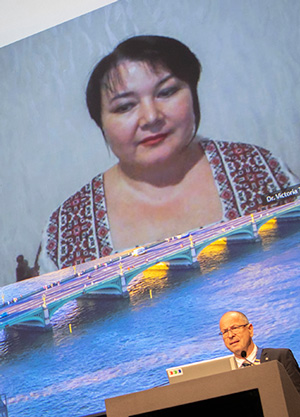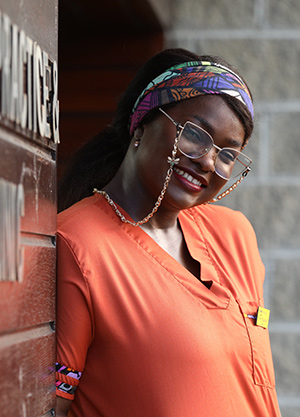

GP Lives: Making the switch

Dr Phillip Lee was a Member of Parliament for Bracknell for almost a decade but he never stopped working as a locum GP. It was his insurance policy against the “madness of politics” and helped him keep one foot in the real world. Every other Friday, from the moment he was elected, he would spend the day seeing patients in Slough with more sessions during parliamentary recess periods.
Once he became Parliamentary Under-Secretary of State in the Ministry of Justice in 2016, it became more complicated but he insisted on continuing despite efforts from the permanent secretary to try and convince him otherwise. During this period, he was also filmed for Channel 5 for GPs Behind Closed Doors and had a young baby who didn’t sleep.
“I make no secret that that two-year period was tough but I was determined because I could see that politics was becoming increasingly unstable. You could see this polarisation in politics developing and I thought to myself, I've got family responsibilities, I need to have an exit strategy.”
Not only did he enjoy working as doctor, it provided the intellectual stimulation that he felt was often lacking in politics. Being a GP is extremely good training for the life of an MP in lots of ways including being time efficient, he says. At the Ministry of Justice, he inherited a large portfolio that included youth justice, victims, female offenders and offender health. It meant making lots of difficult decisions but GPs instinctively and routinely do that every day he points out. “Most people do not go to work and make a series of tough decisions, some of which could be life changing.”
People had expected him to want to join the health select committee and then become a health minister, but he wanted to broaden his knowledge by taking on new areas, including foreign affairs and the Middle East, the UK Space Industry and energy policy.
Without a shadow of a doubt, politics would be in a better place had more MPs worked in other professions and had more life experience, he believes. Old school friends would say he was always destined to be a politician, he had after all been Head Boy at school, but it was probably the same sense of public service that drove him into medicine. “There are similarities about wanting to help people and be an advocate.”
He did get frustrated about his ability to effect change in politics. “I hadn't gone in to put a plaster on cracks, I was interested in why those cracks appear and making them disappear.” He wanted to discuss the impact of an ageing population on public service provision, the fundamental structure of the UK hospital system, the challenges of climate change, but all too often discussions would be centred around much smaller problems. There was a lack of proper ambition in Westminster, he says.
He resigned from Government in 2018 over the handling of Brexit and the following year moved from the Conservative to Liberal Democrat party before losing in the 2019 general election. They were decisions he made fully aware of what it would mean for his future in politics, he says.
These days with young children, life remains hectic, and he is about to embark on a new challenge after accepting a GP partnership at a practice in Chard, Somerset. At the moment he’s travelling and working there three days a week, but the family will be relocating soon. It won’t be a walk in the park, he says but “it was an exciting opportunity to play my part in establishing the provision of decent and sustainable primary care for the people of Chard”.
“The way that general practice is going to have to work in the future is going to have to change and there is this challenge of the patient's expectations, something which is often fuelled by my former profession. But I think there are ways of doing things differently and to take patients with you in that process.”
There are some interesting developments around using a hub-like model with lots of different professionals working in the same room, supporting each other to manage on the day demand while also having more routine appointments for chronic illness. “It's a work in progress, which is part of the reason I've joined as I'm quite excited by that.”
He adds: “Come back to me in five years’ time and we’ll see whether I've made the right decision or not.”
Read more
Thank you for your feedback. Your response will help improve this page.


